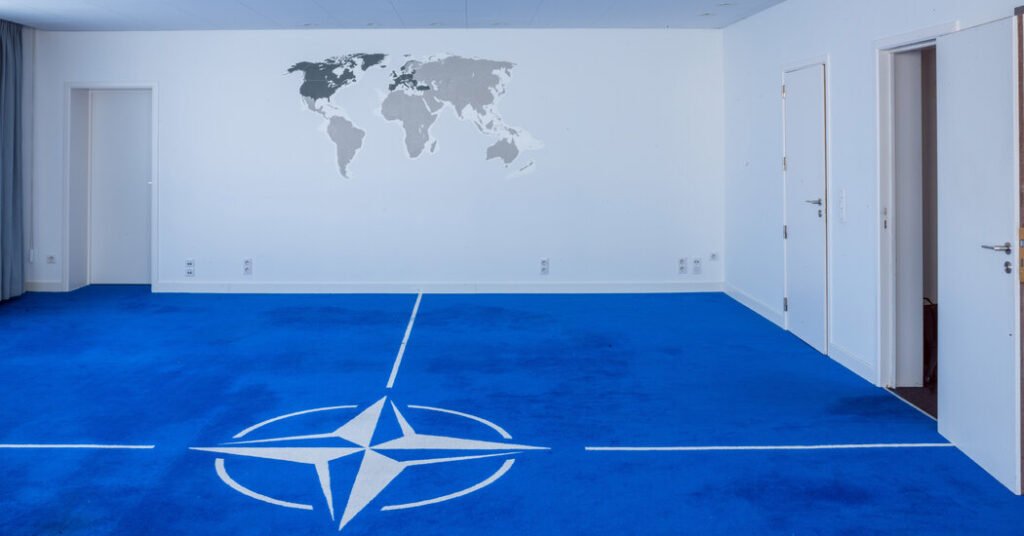For those who see the situation through this lens, the Ukrainian conflict is equivalent to the murder of Ferdinand and should not be the start of a world war. They speak in pacifist tones: “Be careful, we are moving step by step towards a global, possibly nuclear war, even if nobody wants it.” For them, the conclusion is simple: Ukraine’s military ambitions should be curbed and diplomatic negotiations should be sought, so as not to surprise Russia into an irreversible escalation.
This Sarajevo glass seems to be hung most often in Germany. Since February 2022, Chancellor Olaf Scholz has been an enthusiastic advocate of helping Ukraine, and Germany is one of the most important exporters of material aid and weapons to Ukraine. But at the same time, with each new shipment, he repeatedly warns: “At some point, one drone, one plane may be too much.” He always urges caution and stresses that he will ultimately seek some kind of negotiated solution. During the recent European Parliament elections, posters with Scholz’s portrait on the streets of Berlin promised to “ensure peace.”
Others think quite differently – the Munich way. Their historical touchstone is 1938, when Adolf Hitler asked for part of Czechoslovakia and European countries agreed in a spirit of appeasement. This annexation was to satisfy the desires of the Third Reich and to avoid a repeat of the Great War. But appeasement came at the expense of other countries, Eastern and Central Europeans will say.
Appeasement, in itself, also failed. Germany’s attack on Poland in 1939 caused it to collapse like a house of cards, leading the rest of Europe and ultimately the world into World War II, which is exactly what Tusk wants to avoid. In this view, naive decisions will only lead to more victims and suffering, and more cities being burned and bombed, like Warsaw then and Mariupol now. The mistakes of appeasement must not be repeated, they argue. No concessions should be made to a modern-day Hitler.
Besides Ukraine and Poland, other countries in the region, such as Finland, the Baltic States, Romania and Moldova, also wear these glasses. French President Emmanuel Macron seems to have changed from his Sarajevo glasses to his Munich glasses in the past two years. After initially advocating negotiation and diplomacy, he recently gave a speech sounding the alarm about the Russian threat. “Europe can die,” Macron warned in an Eastern European tone. The weakening of his authority after the recent elections could undermine this view.

